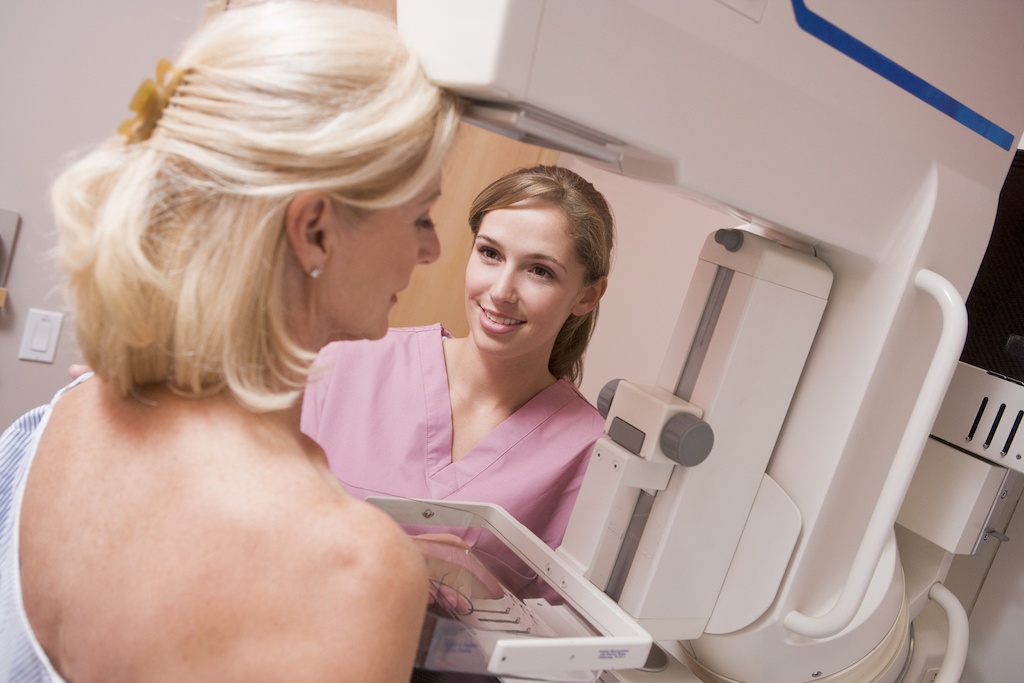It’s all too easy for people to confine cancer as a singular, personal struggle. But its treatment is far from a one-man or one-woman mission, as the case may be. This is especially true for breast cancer patients, who must make numerous decisions regarding therapies to undergo, medicines to use, doctors to consult with, and a whole other world of personal issues with which to contend.
Over the years, breast cancer and cancer recovery has become bigger than the individual directly afflicted with it. This change has been all for the better, both for the patient’s and the medical field’s sakes. Thanks to a more flexible perspective on the definition of cancer treatment, patients have more means toward long-term wellness at their disposal, and physicians are immersed in a more collaborative environment conducive to advances, big and small, in healing.
The multidisciplinary approach usually kicks off with staging the cancer, determining its so-called “personality,” and customizing a plan that accommodates a patient’s personal preferences. After these have been determined, the next steps involve surgery, therapy or a combination of the two.
What kind of surgery does a breast cancer patient usually undergo? There are two main options: lumpectomy and mastectomy. The first, also called breast-conserving surgery, allows for the removal of only the tumor and a small amount of surrounding tissue. The other entails the removal of all breast tissue, cancer-infected and otherwise.
“Radiation therapy, administered by a radiation oncologist to minimize side effects to immediate surrounding tissue, has been proven to reduce the risk of recurrence by a maximum of 70 percent”
Additional surgeries include lymph node removal and breast reconstruction. As key components of the immune system, lymph nodes can aid in determining cancer stage and if cancer has spread outside the breast into other parts of the body.
Although breast reconstruction serves a seemingly superficial purpose, it helps patients feel and look more like their old, whole selves after a mastectomy or a particularly substantial lumpectomy. Rebuilding the breast or breasts can ease anxieties about a patient’s appearance caused by cancer-related surgeries. That psychological advantage alone makes reconstruction an increasingly natural choice for a breast cancer patient after a mastectomy.
Aside from surgical treatment, those with breast cancer have various types of therapy to choose from, such as radiation, chemo, hormonal and targeted. Radiation therapy, administered by a radiation oncologist to minimize side effects to immediate surrounding tissue, has been proven to reduce the risk of recurrence by a maximum of 70 percent. It is best done after surgery and for cancer patients on stages 0 to III.
Perhaps the most familiar to people, chemotherapy combines two or more medicines to weaken and destroy cancer cellsin the original site and where they may have spread. Directly injected into the bloodstream, chemo allows doctors to employ a systemic approach to treatment.
“Few things are as trying as weathering a bout with cancer”
Specific to hormone-receptor-positive breast cancer patients, hormonal therapy targets estrogen in the body to hinder, or at least slow down, the growth of the disease. There’s also targeted therapy that focuses on cancer cells’ characteristics which allow growth and spread at abnormal rates.
Beyond physical treatment, physicians understand the importance of a breast cancer patient’s psychological and social well-being. These aspects of one’s personality become especially vulnerable to shake-ups during trying times. And few things are as trying as weathering a bout with cancer.
A complementary treatment as simple as journaling can help patients unload and clear their heads from the daily stresses of living with the disease. It can help them track their own progress, in and out of the hospital, in a more personal way. It can also be a way to maintain a sense of self, untouched and unchanged by sickness, medicines and doctor’s appointments.
Another alternative technique is meditation. Proven to calm the mind, increase alertness, and bring physical and psychological balance, it can be a quick go-to exercise for patients at particularly overwhelming moments.
Outside the self, patients find that family and friends can be invaluable sources of comfort. They can turn to one another for sympathy and help in adjusting to life with cancer. Support groups, made up of people who happen to be in the same boat, can be even more open venues to share concerns and issues that patients face daily.
The traditional and complementary aspects of treatment should be combined for patients’ holistic healing that will allow them to thrive physically, emotionally, and psychologically during and after an episode with cancer.
Have you recently been diagnosed with breast cancer? Get more information on cancer and your reconstructive options at Memorial Plastic Surgery.
For more information call 713.633.4411 or visit www.memorialplasticsurgery.com. Memorial Plastic Surgery is located at 929 Gessner Road, Suite 2250 in Houston, TX 77024.







Recent Comments